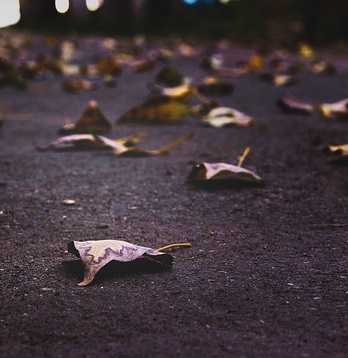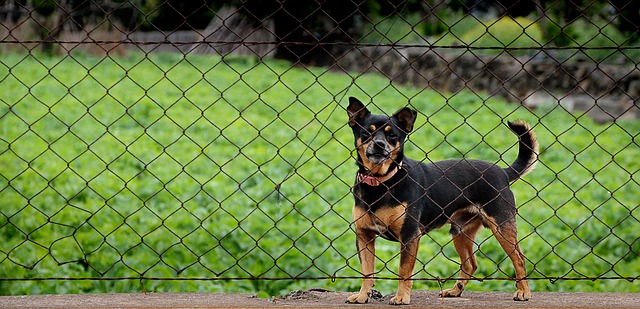
Book review: Collected Poems of Sara Teasdale
A bit too much
of stars, love, and flowers…
Book review:
Collected Poems of Sara Teasdale
by Sara Teasdale
New York: The Macmillan Company 1937 (repr. 1966)
224 pages
A modest sampling of Sara Teasdale’s oeuvre goes a long way.
Her poems are sincere, artfully crafted, with genuine passion. If you don’t mind the almost imperative rhyming, so much the better. If you can’t get enough of the dawn, and the starry sky, love ( winning it and losing it), flowers, and Mother Nature, you’ll keep picking up Collected Poems of Sara Teasdale, time after time.
I had to draw the line, on page 74, when I got to “Leaves.” I was bone dry by the time I read:
“One by one, like leaves from a tree,
All my faiths have forsaken me…”
Sara Teasdale (1884-1933) was a lyric poet whose poetry collections were bestsellers during her lifetime. Be that as it may…
* * * * * *
Book review. Copyright © Richard Carl Subber 2018 All rights reserved.
Book review:
John Eliot:
The Man Who Loved The Indians
Entertaining, convenient biography
by Carleton Beals
Seeing far: Selected poems with 47 free verse and haiku poems,
and the rest of my poetry books are for sale on Amazon (paperback and Kindle)
and free in Kindle Unlimited, search Amazon for “Richard Carl Subber”
* * * * * *



